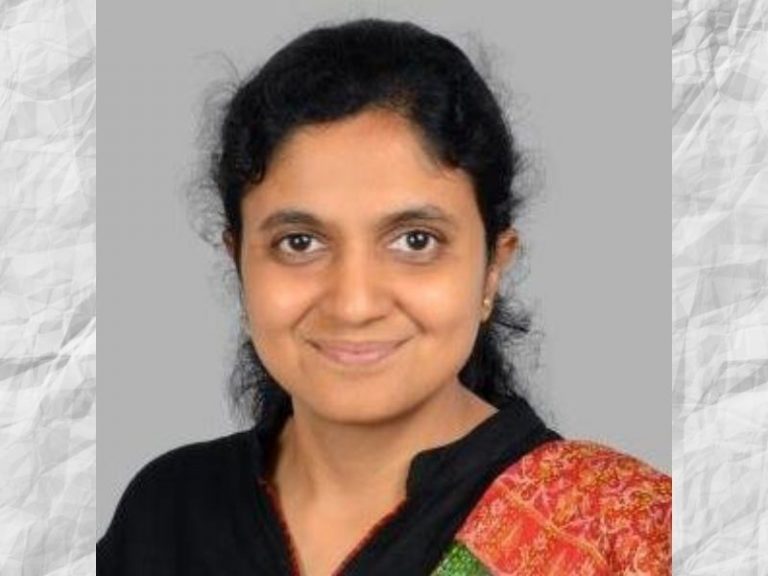Women’s day series: Ramya Venkataraman, Founder-CEO, CENTA
On the occasion of International Women’s Day 2022 observed on March 8, EducationWorld interviewed Ramya Venkataraman, founder-CEO of the Centre for Teacher Accreditation (CENTA) — an organisation focused on empowering teachers through professional development certification and recognises and celebrates outstanding teachers. An IIT-IIM alumnus, Ramya quit the corporate world in 2014 to pursue her passion for empowering teachers.
Excerpts from the interview.
What inspired you to start CENTA?
I have been passionate about education since my childhood and have done some volunteering during my IIT and IIM days though I later pursued a regular corporate career. 10 years into my career at McKinsey & Co, I got the opportunity and made a full switch to build and head our education practice in India. That helped me understand that while the country/world keeps expecting teachers to get trained, use technology, use new pedagogies, etc. etc., we just don’t ask enough – what is in it for teachers themselves? How can teachers get financial growth, career growth, recognition and so on? I decided to solve this piece of the jigsaw puzzle by leaving McKinsey at the end of 2014 and founding CENTA.
What are the challenges you faced as you navigated this career path?
Both as an entrepreneur and while trying to drive big changes, there are always challenges. For example, making CENTA’s assessment and certification most relevant for teachers and schools, while also pushing for improvement. The scale at which we work – now 600,000 teachers – poses its own challenges from time to time. I find that as long as one is conscious of the challenges and willing to keep making changes to keep up with the ‘next stage’, it is fine.
As a woman, what are the challenges you faced while growing up/the liberties you enjoyed as a woman?
My parents supported me in every possible way through my education and career and expected me to achieve a lot. In places like IIT, the percentage of women is low (only about 5% in the 1990s when I was in college) – as a result, there are situations where one is pushed to ‘prove’ that women are equally capable of everything… but by and large, the foundation that my parents and teachers built for me has made it relatively easy for me in these situations.
What inspired you to become the person you are today?
Many individuals – ranging from my parents and brother to select teachers and select friends to colleagues from McKinsey who are my inspiration and role models in various ways.
How do you balance your personal and professional life?
I try to follow a couple of principles — full transparency with my colleagues if there is a personal constraint and vice versa. The second is to have complete mental focus on whatever is at hand.
Any women-specific issues in education that you would like to highlight?
There seems to be a significant correlation between whether teaching is considered ‘aspirational’ and whether it is pursued by the ‘primary bread-winner’ of the family. Though we are focused on teaching as a profession for both men and women, we do find that our work is also leading to large scale empowerment of women. A story I will never forget is that of three female teachers writing to us about how they left their village alone for the first time and learnt “how to catch an auto in a big city” when they came to participate in our national competition CENTA Teaching Professionals’ Olympiad.
What is your definition of feminism? As a woman, where do you think we can do better?
For me, feminism is a simple quest for equality – which in fact should not have any label attached – it should be fully normalised.
Your message for women on Women’s Day?
Pursue with full enthusiasm whatever you want to do. Don’t let society constrain or set boundaries for you.
Also Read:Women’s Day series: Smita Deorah, co-founder and co-CEO of LEAD

















Add comment